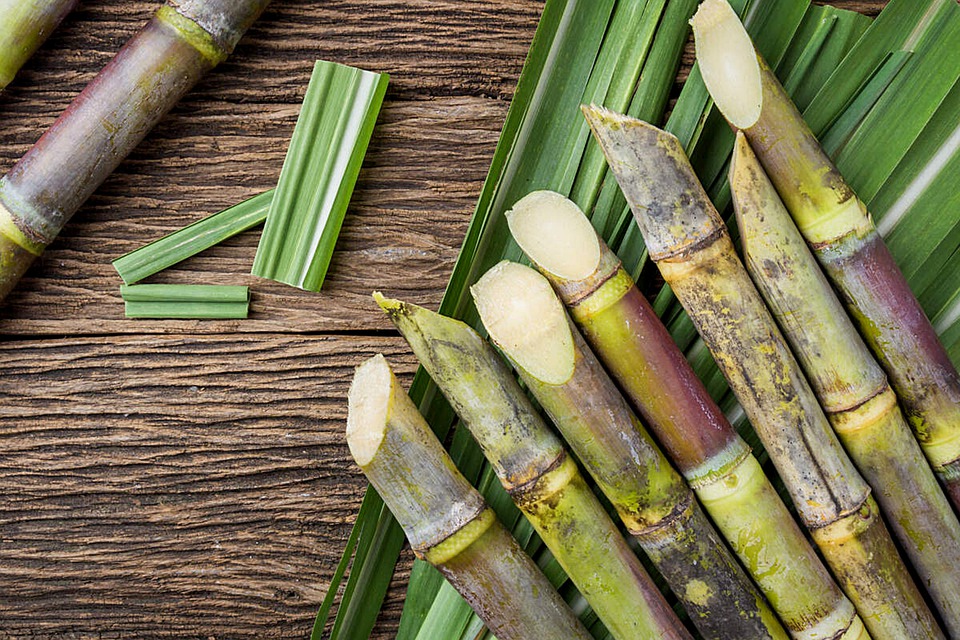Some Florida residents claimed that controlled crop burns disproportionately affected minority communities in and around the Glades.
A group of Florida residents who claimed that controlled sugarcane crop burns are harming their health have dropped a lawsuit against several of the state’s largest sugar companies.
According to The Associated Press, attorneys for the companies said they had reached an agreement with counsel for about twelve residents of Florida’s Glades, Hendry, and Palm Beach counties.
Under the terms of the agreement, the lawsuit will be dismissed with prejudice.
Each side, says The Associated Press, will be responsible for paying their own legal fees.
As LegalReader.com reported before, the prospective class action lawsuit was first filed in June 2019.
In their complaint, the Florida residents said that controlled sugarcane crop burns adversely affected their property values and contaminate the air with dangerous, cancer-causing carcinogens.
Attorneys for the sugarcane companies say the lawsuit’s dismissal vindicates their clients, who have long maintained that the lawsuit lacked merit.

Judy Sanchez, a spokesperson for the U.S. Sugar Corporation, said scientific data showed that air quality in the Glades was not compromised because of controlled crop burns.
“As sugarcane farmers have maintained from the start, the case against air quality in the farming region was without merit,” Sanchez said.
“We believed the science, data, and regulations that support our work every day would show that the air quality in the Glades is ‘good’ – the highest quality under federal regulations,” Sanchez said.
The U.S. Sugar Corporation, which is the largest producer of sugar cane in the United States by product volume, recently released years of air quality data from public and private monitors located throughout the affected region.
Sanchez told The Associated Press that each monitor, irrespective of their institutional affiliation, provided “consistent” data showing that air in the Glades is safe and meets regulatory standards.
The A.P. notes that controlled sugarcane burns have been happening for decades. Sugarcane farmers legally set fire to their fields before a harvest, leaving only the cane behind. The practice helps reduce transportation costs because the sugarcane can be shipped absent any unwanted vegetation.
However, The Palm Beach Post had earlier investigated residents’ complaints and found that smoke, soot, and ash falls six months out of the year on predominately Black and Hispanic communities near Lake Okeechobee.
The same investigation found discrepancies in the extent to which air quality data was being monitored and reported.
Nevertheless, the Sugar Cane Growers Cooperative of Florida says that it and its constituent farmers “remain steadfast in our commitment to being good stewards of our land, our air, and our water because our legacy is in the land, and our job is to farm with great care so that these family farms may be passed from one generation to the next.”
Sources
Glades residents drop cane burning lawsuit against sugar growers


Join the conversation!